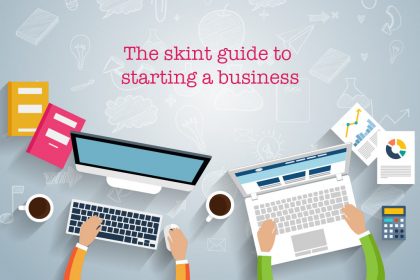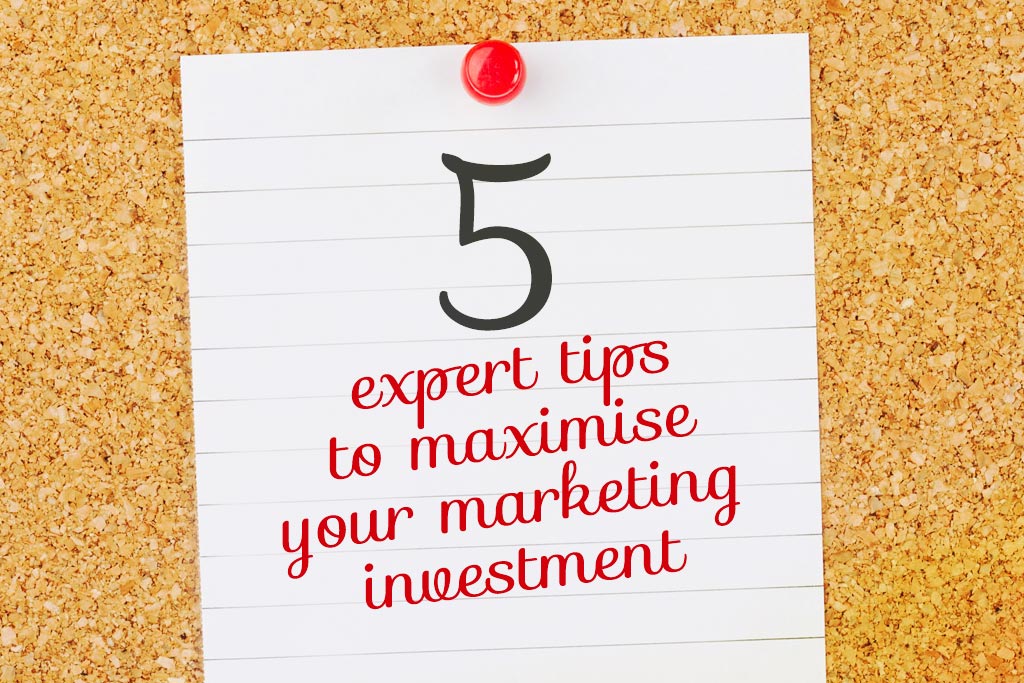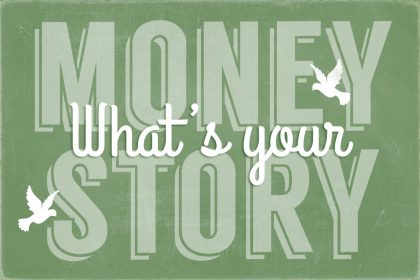The good and the ugly – how to raise finance for a female business
Need to borrow money or secure investment to start or grow your business? You may have trouble if you’re a woman! Read the good and the ugly of raising finance for a female business.
The notion of a corporate glass ceiling is well known, but it’s not just in employment and board rooms that women are apparently being held back. As f-crowd, the new crowd-funding platform for female businesses explains, things can get a little ugly for female entrepreneurs looking for investment too.
Raising money for a female business can be ugly
Raising money for a start-up business can be ugly – especially if you’re a woman (let alone a mum). You only have to look at the statistics: only 2.7% of companies (183 of 6,517) receiving venture capital funding during the period 2011-2013, had a woman CEO.
This research has been updated to 2014 by Plum Alley who found that, “In 2014, of all the companies funded by the top VCs, 83% had all-male founders and only 4% had all-female founding teams. The remaining 12-13% of companies had diverse teams with at least one woman founder.”
All in all, not very positive reading. As one female venture capitalist said:
“I think there’s a built-in male network that’s existed for a long time in the venture community, as well as the entrepreneurial community, that takes people a long time to break into. Maybe there’s some unspoken biases and lack of encouragement.”
Need investment? Try a venture capitalist
And sadly, for many businesses in the past, approaching a venture capitalist was one of the few viable options.
A venture capitalist is an investor who provides capital to start-ups and small business that want to expand, but don’t have access to public funding. Venture capitalists usually make their decisions based on cold, hard facts, assessing whether a business is likely to be a success or not, and therefore deliver a large return on their investment. And sometimes that’s all they take into account – as we learned.
The ‘get it’ factor
When pitching to a potential investor, you need to make sure they ‘get it’; for someone to invest in your business they need to get what you do. But sometimes that ‘it’ can lurk in surprising places.
Last year, the f-crowd team had what can only be described as an un-meeting of minds. We were sitting in front of a venture capitalist passionately explaining the virtues of female-focussed crowd-funding, only for him to ask why on earth his wife would spend his money supporting women on our site by buying their products, when she could just go and buy similar at Selfridges?
We were left a little bit unsure of where to go with the rest of the meeting, but as soon as we started discussing the bottom line things, came back on track.
The fact was this particular venture capitalist didn’t care what we did or why. He didn’t need to like or believe in our business, he just wanted to make sure that the numbers added up for him. So if you’re pitching your business to an investor, it’s important to understand what will make them ‘get it’ and ensure that makes sense to them.
Be ready, and be succinct
When looking for investment you’ll quickly realise that most venture capitalists are extremely busy, and you may get a call out of the blue offering you an opportunity to meet with them NOW. So it’s important that you’re ready to go with your pitch at any point.
You also need to ensure it’s clear, succinct and simple, as you may not get long to make your case. We were recently talking to a female founder who was given a ten minute slot in a venture capitalist’s diary. This turned out to be at their gym while they were on the treadmill!
She just saw it for what it was – an opportunity to get the funds she needed to take her business up a level, and pitched the hell out of that gym.
Even Mumsnet failed to impress
If you don’t succeed with venture capitalists, you can take heart that Justine Roberts, founder of the phenomenally successful Mumsnet, failed to impress too (and look at them now!):
“I went along to a rather famous networking event called First Tuesday in the early days, which put start-ups in touch with venture capitalists and the like. It was completely terrifying. Everybody was about 17 and talking a load of jargon I’d never heard of (about burn rates and land grab and the like).
Most of those who successfully raised cash – and I certainly didn’t – had spent it and gone bankrupt in 24 months. So I was quite relieved not to have been that good at networking.”
Banks aren’t any better
Admittedly, venture capitalists are only one route to finance, and a particularly daunting one at that. So you’d think that approaching your friendly high street bank would be a much fairer, nicer experience. Apparently not.
A recent study by Noreena Hertz into women and banks, and whether female customers are facing discrimination, found overwhelmingly that:
“The evidence of discrimination against businesswomen by banks and the unfair and unlawful denial of fair access to mortgages on the basis of pregnancy or maternity leave, paints a bleak picture of present day gender inequality in access to credit and financial services.”
Be bold – if you don’t ask, you won’t get
In the UK alone, one third of women are thinking about starting a business, but cited fear of failure and debt as two of the main reasons for not taking the plunge.
If you find yourself in a fundraising scenario, it’s essential that you’re confident and bold. If you don’t ask, you most certainly won’t get.
When fund raising for her second gold medal winning Olympic campaign, my sister, and co-founder of f-crowd, craned her boat up in the most prominent place at the biggest sailing regatta with the words ‘Sponsor us’ written across the sail, and her team email address.
The messaging was clear, there was no ambiguity about what was needed, and it worked – they signed up a prominent private bank as a tier one sponsor that week.
New female-friendly finance is on the horizon
However, there IS some good news for ambitious women – the future heralds the advent of new forms of finance raising and new initiatives for the encouragement of grass-roots female entrepreneurialism.
As Dr Candida Brush says in The Babson Study:
“There is an enormous untapped investment opportunity for venture capitalists smart enough to look at the numbers and fund women entrepreneurs.”
And we’re extremely proud to be part of this exciting new future. The poor experiences of female business owners trying to secure funding, plus the oft-cited issues of the gender-pay gap, glass ceiling and under-representation of women on boards and at senior levels, left us feeling like we had to do something to try and redress the balance.
Why we started the f-crowd
We really wanted to get to the root of the difficulty of building a business – the funds required – and try to provide a solution. We did a lot of research into how most effectively to encourage females in particular, and discovered quite resoundingly that women flourish and are more likely to participate when business help is solely female.
Reports show there is an 800% increase in the take up of business help when it is female focussed. Women are natural networkers and are four times more successful at crowd-funding than other forms of finance raising.
So f-crowd was born. We are a female-focussed crowd-funding platform. We want to champion female-led or co-led businesses by providing them with a real alternative to raising finance, finding mentors and networking.
Need help funding your business?
Already we’ve successfully funded one of our launch campaigns, and are interested in speaking to entrepreneurs looking to fund-raise and to supporters looking to be part of f-crowd.
So if you’re looking for funding for your business venture, get in touch. We’d love to see how we can help you get your business off the ground with the right funding. We promise the experience won’t be ugly!
Looking for business investment? Find out how the f-crowd can help!










